"Safeguarding" means measures aimed at ensuring the viability of intangible cultural heritage.
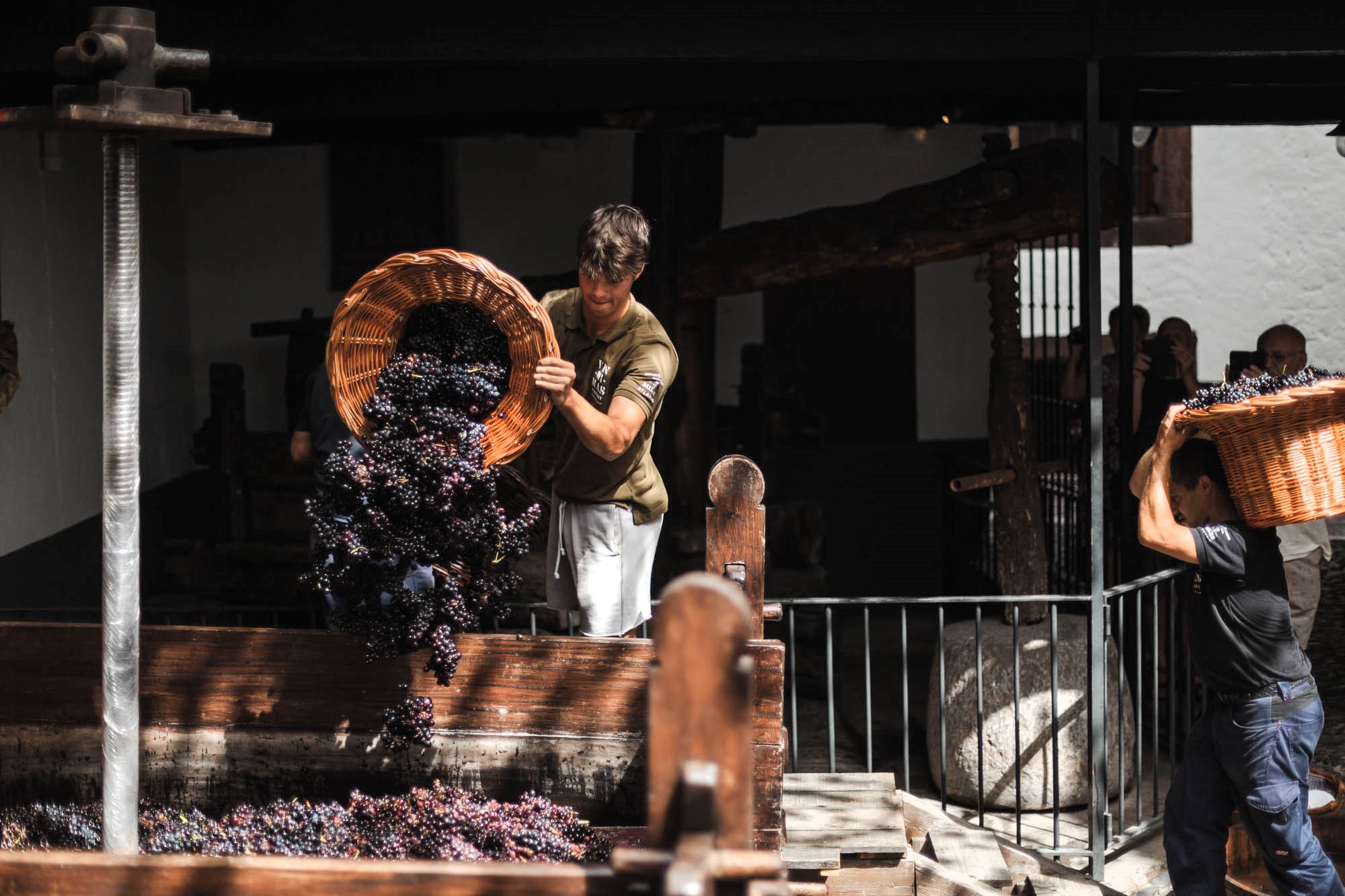
Measures carried out by the University of Madeira
Over the last decades, the University of Madeira has been developing several projects around Madeira Wine, following different disciplinary approaches, some of which are still ongoing.
The Department of Languages, Literatures and Cultures of the Faculty of Arts and Humanities has long been involved in a project to study the ethnolinguistic heritage of wine and vineyards, among others. This project is part of the creation of the Linguistic-Ethnographic Atlas of Madeira and Porto Santo. This same faculty houses the Centre for Research in Regional and Local Studies – CIERL, which develops a line of research dedicated to Landscape, Heritage, Memory and Identity, which includes the wine component of that same landscape, as well as the cultural legacies associated with it. Regarding the history of Madeira Wine, we must mention Maria Benedita Prado de Almada Cardoso Câmara work (Faculty of Social Sciences, CEEAplA), where she studied the evolution of the trade during the nineteenth century and the early twentieth century, focusing on government intervention in the industry.
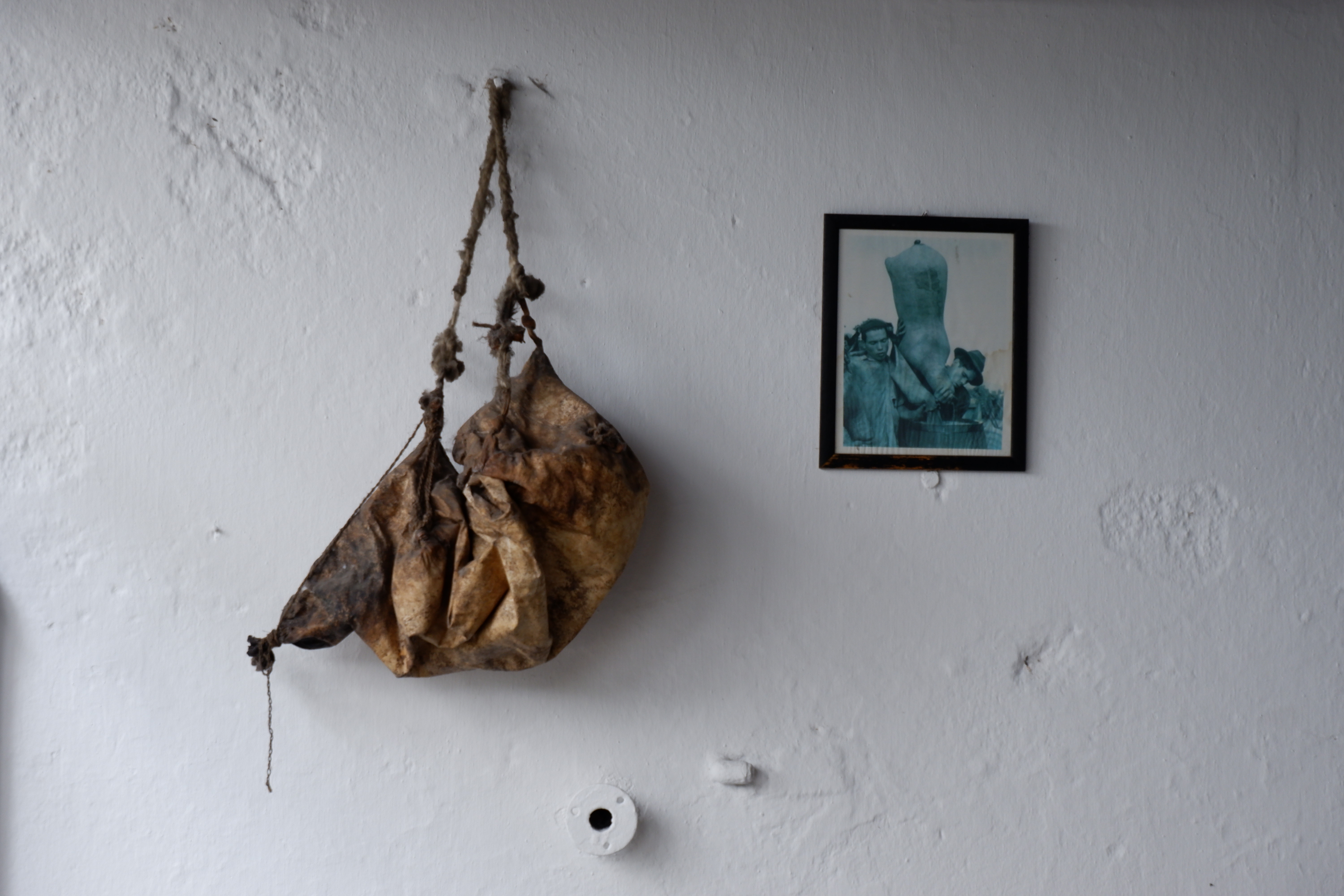
We should also mention several projects in the area of viticulture, carried out by Isoplexis, in collaboration with other entities.
From 2018 to 2021, this UMa laboratory carried out the project IMPACT III: – Impact of Technology on the Quality of Madeira Wine (PROCiência2020: M1420-01-024-FEDER-000024), in collaboration with Madeira Wine Company. The objective was to study the ageing of Madeira Wine in a flowerbed system, namely how evaporation losses benefit its flavour during this phase of the process.
Isoplexis also led the "PCUSVitis" project, focused on the certification, economic valorization and management of grapevine propagation materials in Madeira (PRODEU 2020, Project 1424.10.2.0), between 2019 and 2021, in partnership with the National Institute of Agrarian and Veterinary Research and the Regional Directorate of Agriculture – Regional Secretariat for Agriculture and Fisheries. The goal was to certify grape varieties used for Madeira Wine production, by cultivating them in controlled environments, using complementary strategies.
Between 2019 and 2022, this laboratory also participated in the project "APOGEO MAC – Precision agriculture for the improvement of wine production in Macaronesia" (PCT-MAC 2014-2020), led by Universidad de Las Palmas de Gran Canaria, in collaboration with the Instituto de Productos Naturales y Agrobiología (IPNA) of the CSIC, the Dirección General de Agricultura del Gobierno de Canarias, Cabildo Insular de Gran Canaria and Cabildo Insular de La Palma. This is a transfer of technology that aims to provide farmers with a low-cost monitoring system. It allows them to control the vegetative state of their vineyards using sensors airborne by drones, transmitting information in real time, through a mobile application.
Between 2019 and 2023, the VERCOCHAR project (MAC2/3.5b/307) made it possible, in turn, to explore the potential of vermicomposts (compost and biochar), as tools for adapting to climate change and preventing and mitigating the effects derived from natural hazards in the agricultural and forestry environment. The results can help to improve viticultural practices. We should also mention, in this same line of action, the FRUTTMAC project, MAC2/1.1b/310 (2019 – 2023), which aimed to transfer knowledge for the sustainable development of subtropical fruit farming in Macaronesia.
In this same period, Isoplexis was at the forefront of the CUARENTAGRI project (MAC2/1.1a/231), with the objective of researching, identifying, risk analysis, training and raising awareness about potential quarantine pests and non-quarantine pests of the main crops in Macaronesia.
Currently, this laboratory has two more projects underway focused on the ecological sustainability of agricultural practices. It is, in the first place, the BIO-VALOR Prodeu 2551.16.1.2. (2022-2025), which could help increase organic grape production. This is difficult to implement on a large scale, due to the climatic conditions in the Autonomous Region, which are very unfavourable to this type of approach. It is also worth mentioning the Agrosus-101084084 project, which started in 2023 and will end in 2027, focused on the sustainable management of endogenous seeds, based on the development of new agroecological strategies.
Also noteworthy are the research projects developed at UMa and at Centro de Química da Madeira (CQM), which have allowed us to know in depth, and based on scientific knowledge, the sui generis characteristics of Madeira Wine. There are several European projects, coordinated by both Prof. José S. Câmara and Prof. José Carlos Marques, which have contributed to unveiling, in a scientific way, the empiricism of Madeira Wine, of which we can highlight, among others:
i) the ANTIVINMAC project, which aimed to evaluate the antioxidant potential, amino acid content and biogenic amines present in wines from the Macaronesia region, including Madeira Wine;
ii) the VINSAUDEMAC project in which it was intended to evaluate the bioactive effect of wines in the prevention of atherosclerotic, oncological and neurodegenerative diseases, focusing on the implementation of winemaking processes to optimize the antioxidant potential of wines;
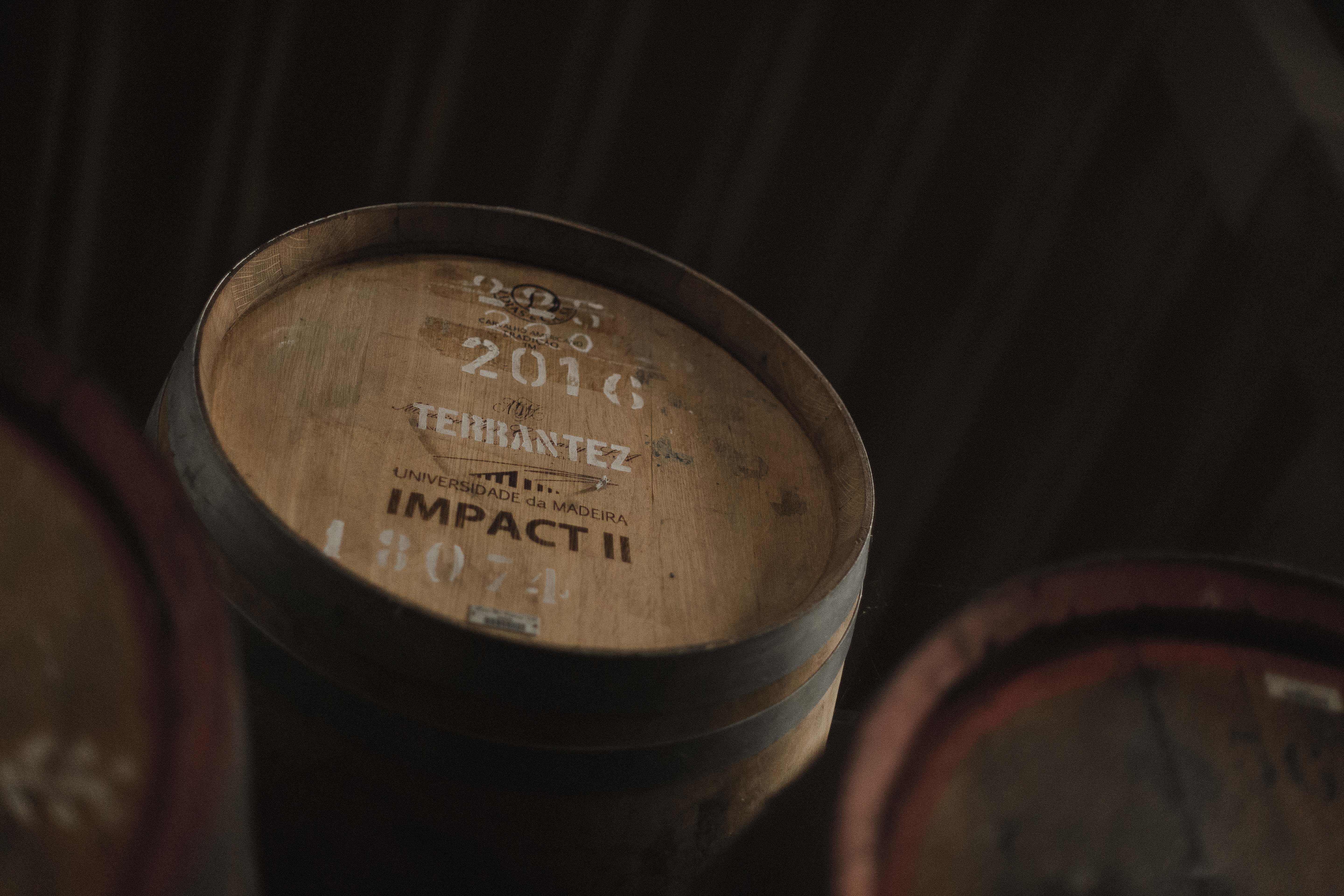
iii) the STROKE-MAC-CV project, which aimed to study the protective effects of wines rich in polyphenolic compounds on the evolution of cardiovascular biomarkers. This work was coordinated by Prof. José S. Câmara, who carried out his PhD project in Chemistry with a study on the analytical characterization of the noble varieties producing Madeira Wine, namely in terms of volatilistic composition, both of the grapes and of the corresponding Madeira Wines.
Prof. José Carlos Marques was also responsible for coordinating some projects on the theme of Madeira Wine:
i) CARVINMAC project, in which the characterization of wines produced with indigenous grape varieties from Madeira, Azores and Canary Islands was carried out;
(ii) and the IMPACT I and IMPACT II projects, which evaluated the impact of production technologies on the quality of Madeira Wines.
These projects have supported 9 doctoral theses (6 completed, 3 in progress), as well as several Master's theses and internships.
From the studies carried out on the subject of Madeira Wine, more than 7 dozen scientific articles were published in international journals with impact factor and peer-review, which resulted in a few thousand citations. The work developed has also been disseminated in the 4 corners of the world in several international and national conferences, both in the form of oral communication and in the form of a panel.
These studies have contributed to obtaining knowledge about the chemical and sensory transformations that occur both during the production and during the aging of Madeira Wine. They have an impact on the production of high-quality wines, preserving cultural traditions and contributing to deeper scientific understanding. On the other hand, studies have allowed wine producers to refine oenological practices, such as adjusting oxygen exposure and storage conditions, thus optimizing the aging process.
The knowledge generated can lead to the development of new products, with personalized aging profiles, satisfying consumer demand and also contributing to preserving and promoting the heritage associated with these wines. It is thus a useful tool in the development and refinement of predictive models for the aging and storage of wines, benefiting broader research and practical applications.
Over the last few years, the Madeira do Centre for Research, Development and Innovation in Tourism (CITUR-Madeira) has also been hosting projects aimed at defining sustainable strategies in the development of wine and food tourism in the region.
Since 2021, this R&D unit has been part of the international project "OLIVE4ALL – Olive Heritage for Sustainable Development: Raising Community Awareness of Living Heritage", funded by the European program 'Joint Programming Initiative Cultural Heritage and Global Change (JPI CH)'. This application, submitted within the framework of the competition "Cultural Heritage, Identities & Perspectives: Responding to Changing Societies (CHIP)", obtained the best classification out of a total of 90 submissions. Although focused on safeguarding the heritage surrounding olive tree culture, researchers from this R&D unit (António José Marques da Silva: AJMS, Rossana Santos: RS, Bruno Sousa: BS) carried out a comparative study focused on Madeira Wine, in collaboration with Madeira Wine Company. That same year, AJMS began a participant observation within that company, in different activities related to the production of Madeira Wine, as well as its patrimonialization. There is also an ongoing project with the company's winemaker, Francisco Albuquerque, which aims to replicate the winemaking technique of Madeira Wine from the late eighteenth century.
In 2024, three of the researchers from CITUR-Madeira (AJMS, Naidea Nunes Nunes: NNN, RS) joined forces for a new research project, funded by FCT. This aims to preserve Madeira's oenological and culinary traditions, through cultural tourism and "Slow tourism". Couscous, dried fish and Madeira Wine were the case studies, selected to be carried out.
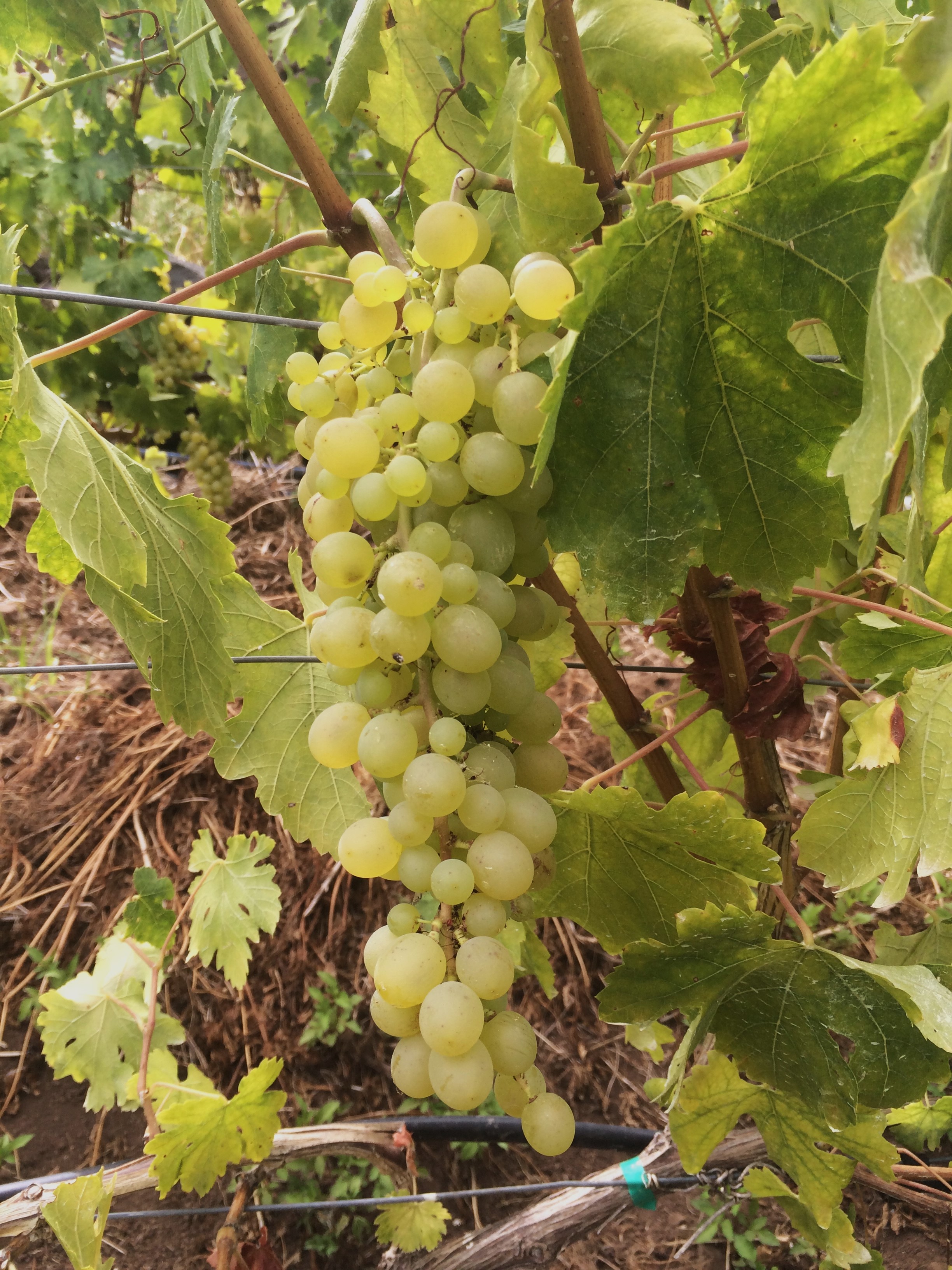
The first result of this project was the registration of the first two products and the Malvasia Cândida grape variety in the Ark of the Taste of the Slow Food Foundation. This international organisation, founded in Italy in 1986, has the mission of protecting culinary ingredients and preparations, as well as cultivation and processing techniques inherited from the past. Its action extends, upstream, to the safeguarding of plant and animal species and, downstream, of cultural identities based on local culinary and enogastronomic traditions. It is part of a logic of ecological, social and cultural sustainability, capable of enhancing the well-being of the communities with these heritages.
After a rigorous evaluation process, Slow Food made official the first three nominations to represent the Autonomous Region of Madeira in this global inventory. Created 22 years ago, it now has more than 5000 products from 150 countries, 576 of which have already been the target of concrete measures aimed at halting their disappearance.
The design of a digital platform is also underway, within the framework of this same project, in collaboration with Eduardo Marques (FCE of UMa – CITUR). This aims to provide winegrowers with the ability to attract tourists interested in participating in a harvest during their stay in the Autonomous Region. This type of experiment is in growing demand, but this opportunity has so far been out of reach of small farmers who do not have the means to publicize this type of offer. They will thus be able to supplement their income from all the work of a year taking care of the vineyard until the harvest, similar to what the Madeira Wine houses have been doing for a long time.
Measures carried out by our partners
Madeira Wine is protected by regional laws as a geographical designation, which ensures that it continues to be produced with local grapes, according to traditional techniques. There are several governmental and non-governmental organizations that have been developing safeguarding strategies for decades to ensure their continuity and also that of the related intangible heritage.
The Instituto do Vinho, Bordado e Artesanato da Madeira (IVBAM) plays an important role in monitoring the activity of wineries and vine growers. The main objectives of this organization are to ensure that production methods are in accordance with the legal framework and to provide technical support to the parties involved. The Chamber of Tasters keeps the tradition alive, by validating that the wine has a palette of flavors and other characteristics in harmony with the current degustation code.
Another aspect of the IVBAM's action consists of granting subsidies to farmers, complementing the price of grapes paid by the wineries. It also promotes campaigns to promote Madeira Wine abroad.
A Secretariat of Economy, Tourism and Culture organizes an annual festival – A Festa do Vinho – dedicated to Madeira Wine. This cultural and ethnographic event, which takes place during the harvest, takes place both in the streets of Funchal and in vineyards and wineries in rural areas, namely in Estreito de Câmara de Lobos.
Exporting companies also organize events related to the viticulture cycle, throughout the year. They open the doors of their facilities to visitors. They thus continue the ancestral tradition, thus making them ambassadors of Madeira Wine.
In recent decades, the Centre for the Study of the History of the Atlantic has developed research projects and promoted international meetings related to the history of Madeira Wine.
There is also the Confraria Enogastronómica da Madeira, which carries out its own program to defend, preserve, promote, disseminate, honor and enhance the region's enogastronomic heritage, namely the know-how and intangible traditions associated with it.
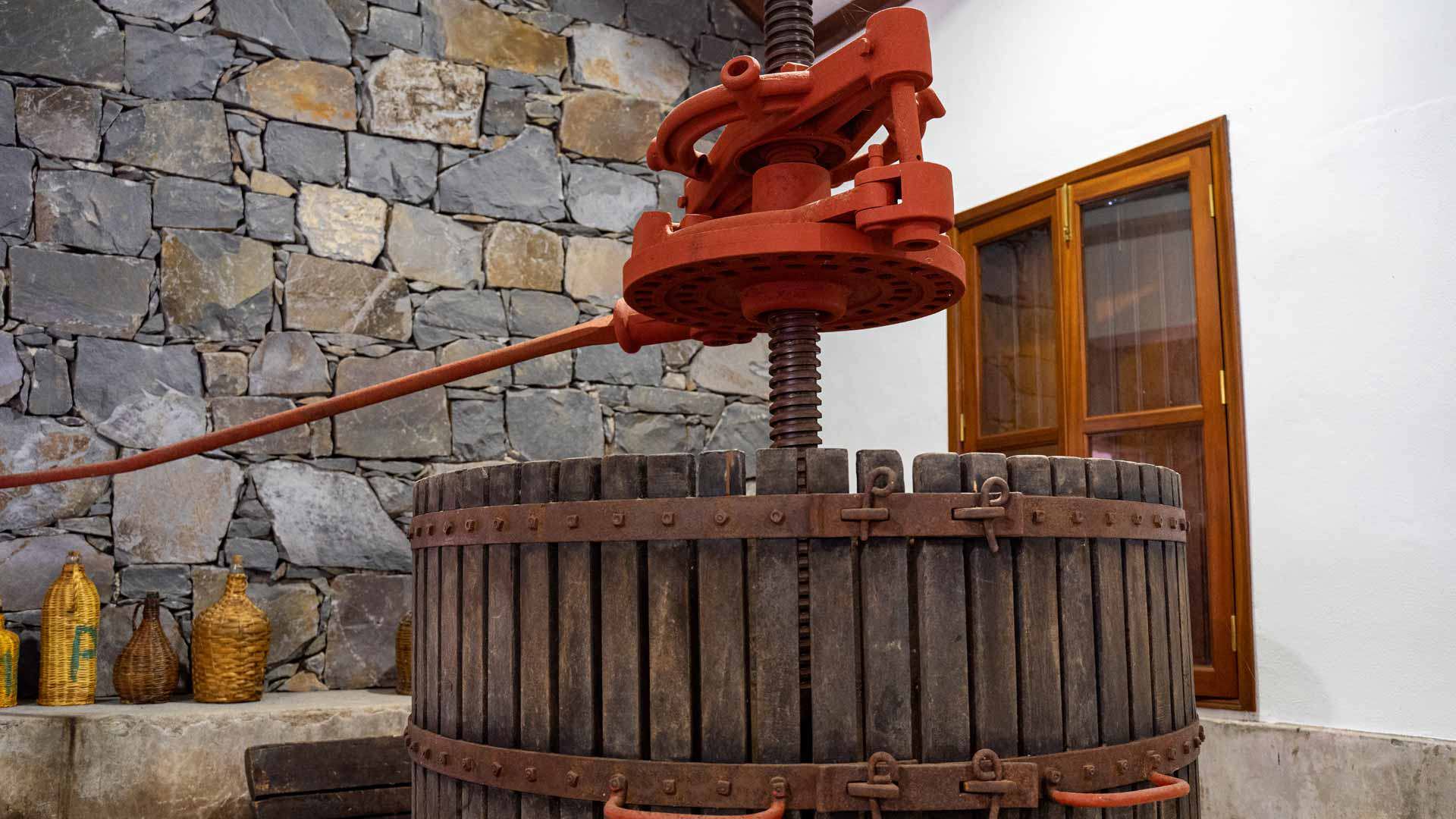
The Museum of Vine and Wine, located in the parish of Arco de São Jorge (municipality of Santana), is an old recovered winery, which has utensils used in viticulture, mostly donated by the local population. Three mills have been restored, which offer visitors the possibility to discover the traditional winemaking process. This cultural space is part of the Madeira Wine Route, showcasing wine landscapes, wineries and other built heritage and collections related to Madeira Wine.
There is also a Wine Museum in Funchal, under the auspices of the IVBAM. The Ethnographic Museum of Madeira (municipality of Ribeira Brava) also has a room dedicated to this theme. Recently, the municipality of Câmara de Lobos started a project that aims to creation of a Wine and Viticulture Museum. This interpretive center, which will be located in Estreito de Câmara de Lobos, will be an interactive space for the celebration of the experience and history of the inhabitants of this parish, with a strong connection to vineyards and wine.